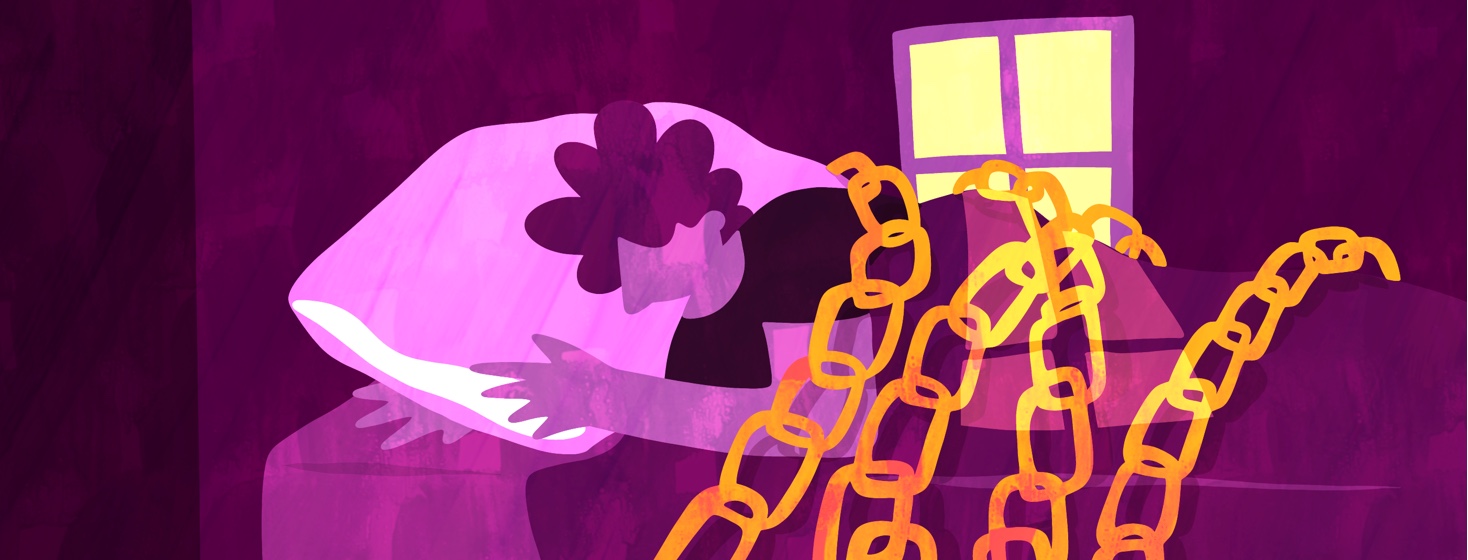Ovarian Cancer and Cancer-Related Fatigue
Feeling tired while living with cancer and its treatment is not uncommon. In fact, there is specific fatigue that can occur in people living with cancer. This is called cancer-related fatigue (CRF). This type of fatigue is not helped by resting or sleep, and it can greatly interfere with daily activities. Around 48 percent of all cancer survivors experience cancer-related fatigue.1
While cancer-related fatigue can be distressing, there are ways to help manage it. If you are experiencing fatigue that does not go away, talk with your doctor.
What is cancer-related fatigue?
Cancer-related fatigue is one of the most severe and challenging symptoms for those living with cancer. Even though it is very common, it can be difficult to manage. CRF can be defined as:1,2
- Fatigue that does not result from an activity or is not equal to the activity
- Fatigue that often comes on suddenly
- Fatigue is not reduced by rest or sleep
CRF can be caused by:1,2
- The cancer itself
- Cancer treatments
- Other conditions a person may also have
- Mental and emotional distress
- Pain
- Sleep disturbances
How does CRF affect people with ovarian cancer?
People with ovarian cancer often have significant levels of fatigue, both during and after treatment. Research shows that even among ovarian cancer survivors who had not relapsed for at least 3 years, 26 percent of them reported severe, long-term fatigue.3
Because ovarian cancer is usually diagnosed at later stages, it is important to address CRF to help improve quality of life for those living with ovarian cancer. Due to the lingering challenges of CRF, helping those who are in remission also improves their quality of life.
How is cancer-related fatigue best managed?
Talk with your doctor or treatment team about your fatigue. There is no test to assess the level of fatigue, so your doctor may ask you questions with graded fatigue scales. Depression can also look like fatigue, so your doctor may have you see a mental health professional to rule that out.
Symptoms of CRF are often caused by several things, so your doctor might work with many different people to help you. This may include:4
- Nutritionists
- Mental health professionals
- Pharmacists
- Social workers
- Nurses
- Physical therapists
Specific causes of fatigue like anemia or pain will be addressed. However, treatment for these issues may not reduce CRF. Things that have been used to help treat CRF include:4
- Exercise
- Yoga
- Massage therapy
- Sleep therapy
- Stimulant drugs
- Behavioral therapy or mindfulness-based stress reduction
- Relaxation exercises
- Nutritional counseling
Things you can do to help manage your CRF can include:4
- Take short naps or rest breaks (30 minutes or less at a time) throughout the day.
- Ask your treatment team if any of the drugs you take cause drowsiness or fatigue. If so, ask about switching to a different drug.
- Talk with your team about any nutritional problems.
- Ask your doctor if it is safe for you to do a regular exercise program.
- Try to get 7 to 8 hours of sleep per night, with a regular bedtime.
- Avoid caffeine.
- Prioritize your day so you have energy for the most important things you need to do.

Join the conversation